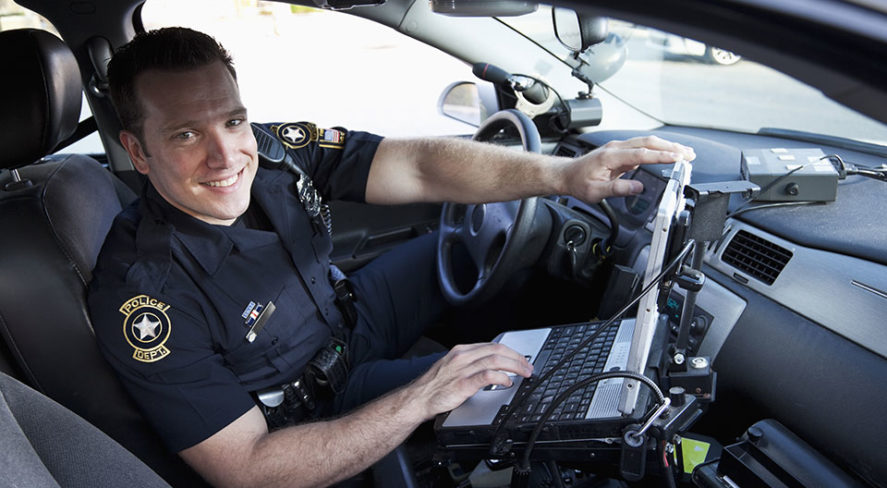U.S. States and Cities Rethinking Bans, Setting Rules for Law Enforcement Use of Facial Recognition

On April 27, 2022, a bill was enacted in Virginia to replace the state’s complete ban on local law enforcement use of facial recognition technology with a comprehensive set of rules for its use. Virginia is only the latest and largest jurisdiction where policymakers are rethinking blanket bans and seeking to establish guardrails ensuring the technology is used accurately and effectively to aid criminal investigations, fight human trafficking and help citizens in need while limiting the potential for misuse.
In Alabama, a new law signed by Gov. Kay Ivey in April stipulates that match results alone cannot constitute probable cause or serve as the basis for an arrest, addressing the key public concern about the possibility of misidentification. Kentucky’s new law signed by Gov. Andy Beshear establishes a process that will result in statewide standards and requirements for law enforcement, addressing everything from technology standards to use policies and procedural rules.
These developments in Virginia and elsewhere are an encouraging sign that policymakers are – in a bipartisan manner – taking the time to thoroughly examine and build out clear rules, privacy protections and standards for use of these technology tools that are needed both to solve crimes and to help citizens. The new laws also reflect growing acknowledgement of the often-unanticipated consequences of sweeping bans versus more targeted policies that could address specific privacy or accuracy concerns. Four months after Portland, Oregon’s ban on facial recognition went into effect in 2021, the city’s mayor begged for assistance from the public and from other agencies to identify those responsible for acts of violence during demonstrations in the city, even urging them to film events and provide information to “unmask” them. More recently on May 5, city council members in West Lafayette, Indiana, rejected a proposed ban for city agencies. City leaders in New Orleans, Louisiana, are considering reversing the city’s ban on facial recognition technology to provide additional tools for solving and preventing rising crime in the city.
It’s clear there is growing interest in policy approaches that address concerns about facial recognition technology while ensuring it is used in a bounded, accurate and nondiscriminatory way that benefits communities. SIA supports such policies around the country establishing guardrails consistent with our Principles for the Responsible and Effective Use of Facial Recognition Technology, published as a resource to assist stakeholders in these efforts.
